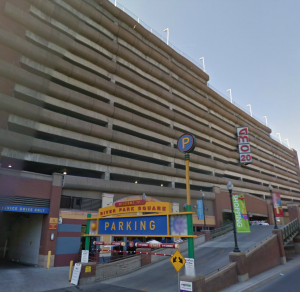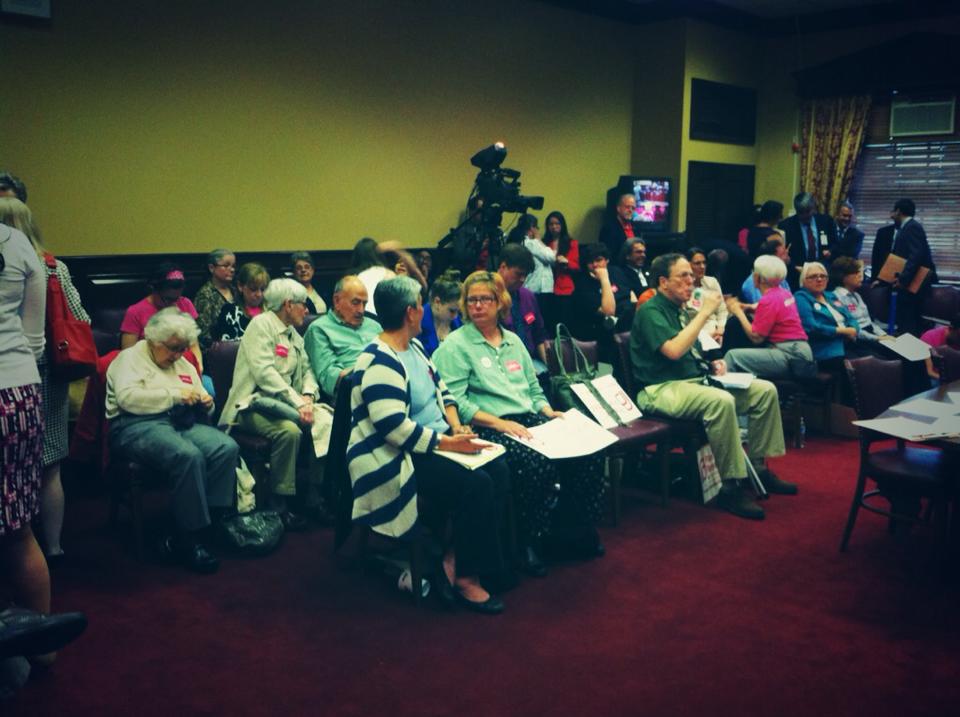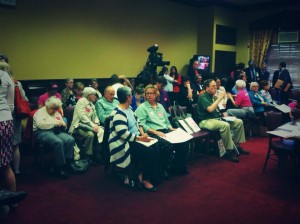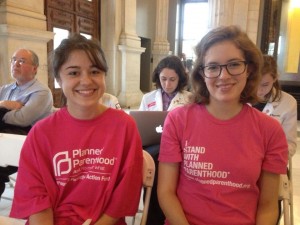
In the battle over marriage equality in Rhode Island, one of the most vocal groups in opposition to full civil rights for the LGBTQ community was the Knights of Columbus (KoC), a Roman “Catholic fraternal service organization.”
The KoC is one of the major, if not the major contributor to the National Organization for Marriage and a founding member of the anti-marriage equality coalition the Faith Alliance.
In the end, though the KoC could not prevent marriage equality, they did lobby for and receive a special religious exceptions for their organization. In essence, based on First Amendment arguments regarding freedom of religion, freedom of conscience and separation of church and state, the Knights of Columbus have preserved their right to discriminate against LGBTQ citizens, just like churches and clergy.
In January, Representatives Corvese, Edwards, Fellela, Azzinaro and Malik introduced legislation that “would authorize the division of motor vehicles to issue special license plates in recognition of ‘Choose Life.'”
House Bill 5053, allows the KoC to design new license plates in conjunction with the division of motor vehicles, and further will allow the KoC to split the $40 fee with the state, generating a minimum of $18,000 for the organization. This money “shall be distributed annually to the Knights of Columbus Choose Life account in furtherance of one of their missions of assisting pregnant women and their unborn and newborn infants via non-government funded programs that provide free services that promote and support the alternative choices of infant adoption and Rhode Island’s Safe Haven.”
Just to be clear on what this means, the government will be assisting the KoC in its fundraising efforts that seek to prevent women from accessing safe and legal abortions, which the KoC does on purely religious grounds. At the point this bill becomes a reality, the “non-government funded programs” run by the KoC will in truth be at least partially government funded, a clear violation of the separation of church and state.
The KoC lobbied hard to have their facilities protected from the odious burden of hosting same-sex weddings, citing religious exceptionalism. There is no arguing with their status as a religious organization when they are seeking the right to discriminate against certain citizens.
The separation of church and state, however, cuts both ways. Allowing a religious group to advertise their religious views on our license plates, as a means of generating funds is an abandonment of the principles this country was founded upon. I’m sure the KoC can come up with better fundraising ideas that don’t require them to entwine their religion with our freedoms.
I would suggest selling bumper stickers.



 It seems fitting that the
It seems fitting that the 




